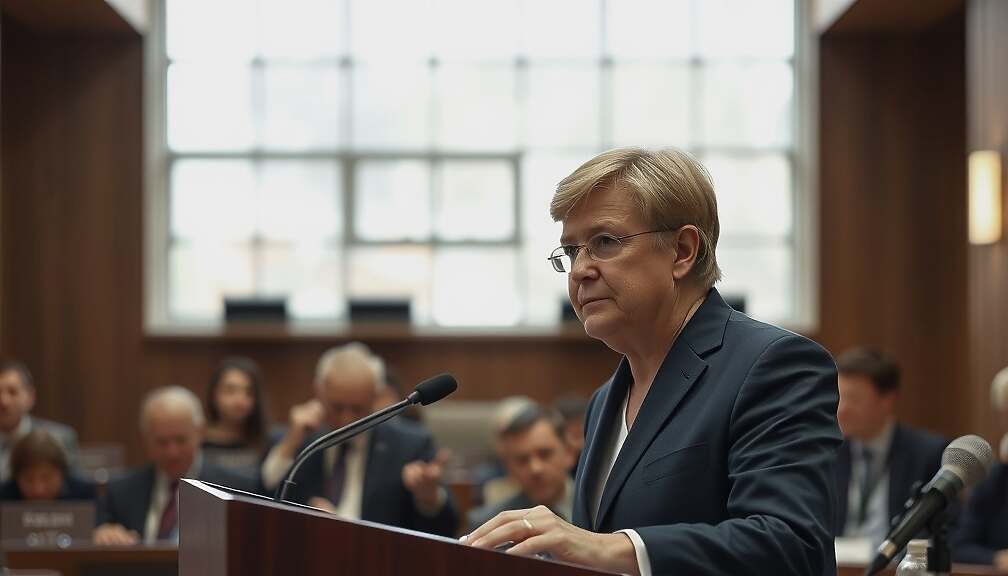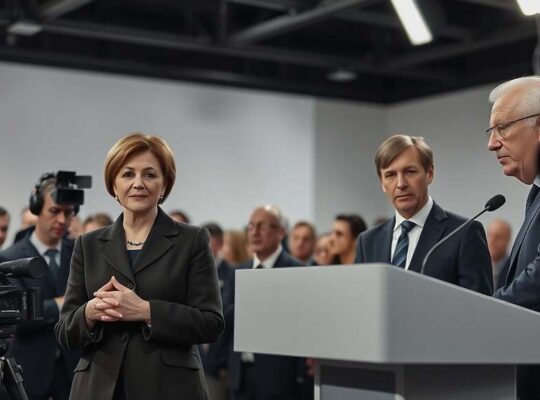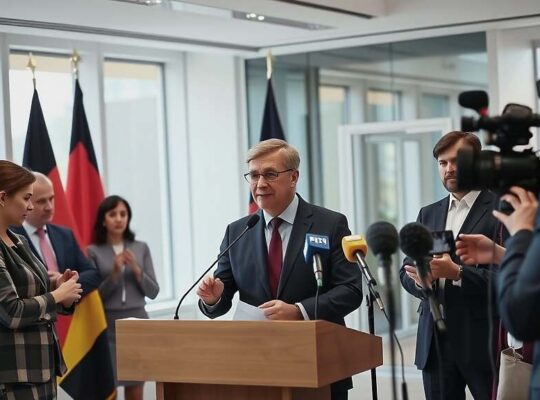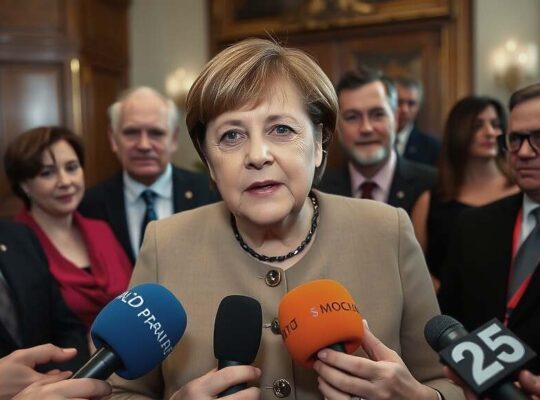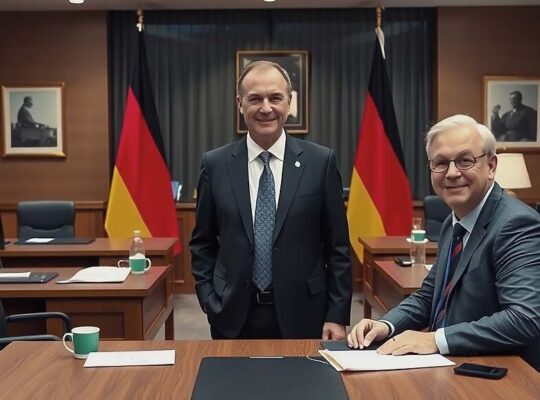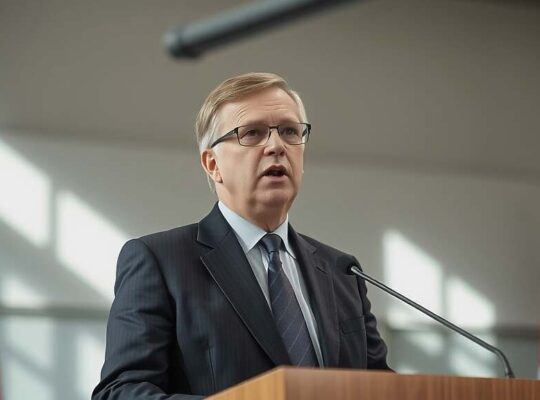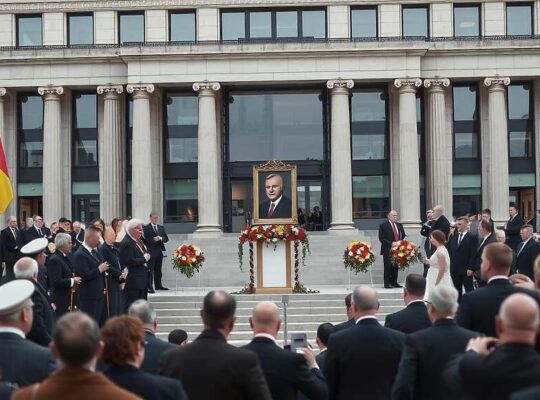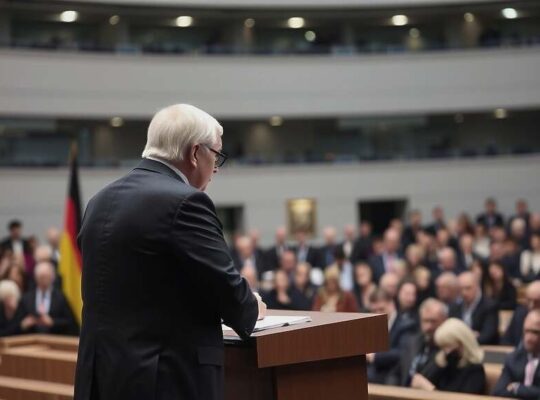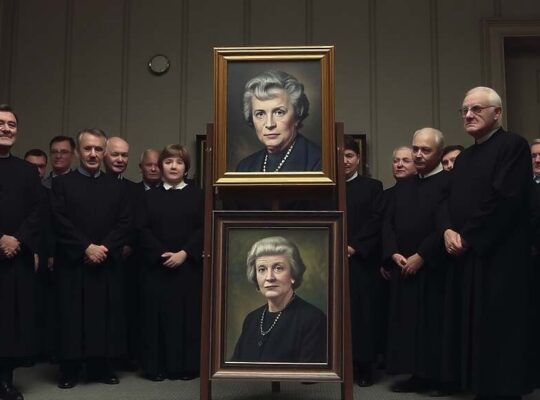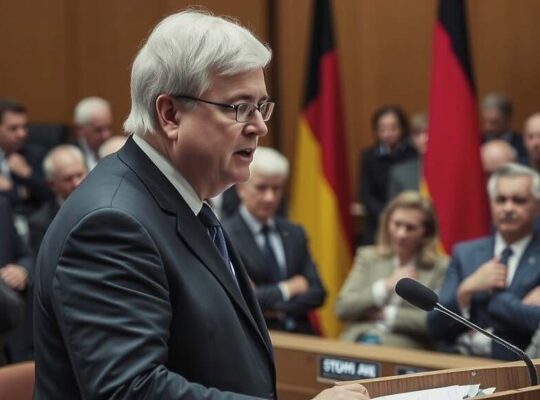Former German Chancellor’s Chief of Staff, Peter Altmaier, has offered a largely positive assessment of the refugee policies enacted during the tenure of former Chancellor Angela Merkel. According to statements made to the “taz” newspaper, Altmaier highlighted that between 2015 and 2016, nearly one and a half million people arrived in Germany, with the vast majority now speaking German and approximately 85% of the men among them employed. As the government’s refugee coordinator beginning in October 2015, Altmaier credited the extensive efforts of aid workers with achieving “significantly more” than many critics believed possible.
Altmaier reflected on the challenging situation in August and September 2015, when thousands of refugees, primarily from Syria, became stranded in Budapest and subsequently travelled towards Austria and Germany on foot. He described the period as a “very, very difficult situation” that required crucial decisions from the federal government.
Altmaier maintains that the decision not to close the borders was the correct one. He stated he had seen no alternative proposals since 2015 that would have resulted in fewer problems, arguing that forcibly repelling hundreds of thousands of people would have been just as problematic. He emphasized the need for a decision that aligned with the government’s conscience, believing that all other options would have been worse.
Acknowledging the current electoral success of the “Alternative für Deutschland” (AfD), Altmaier linked it back to the internal debates within the center-right Union bloc around the time of the refugee crisis and their impact on the 2017 federal election. He pointed to a prolonged dispute between the CDU and CSU factions both before and after the election, notably concerning the “Masterplan Asyl” (Asylum Master Plan).
Altmaier implicitly criticized the current federal government’s approach to migration, referencing the counsel of Wolfgang Schäuble, whom he served alongside at the Federal Ministry of the Interior. Schäuble consistently argued that migration issues should be addressed discreetly, not publicly. Altmaier recalled Schäuble’s example of the CDU in Baden-Württemberg during the 1980s, when high refugee numbers prompted calls for a constitutional amendment. When this amendment didn’t materialize, the Republikaner party gained seats in the state parliament, nearly costing the CDU its governing majority.
Altmaier also reaffirmed his position that the blanket rejection of asylum seekers at the border is legally untenable. He explained that returns are only permissible under specific conditions and within the framework of European law, not as a general practice. He noted that current Interior Minister Alexander Dobrindt implemented such returns immediately upon taking office in the current governing coalition.


